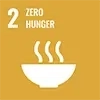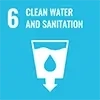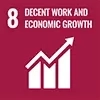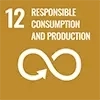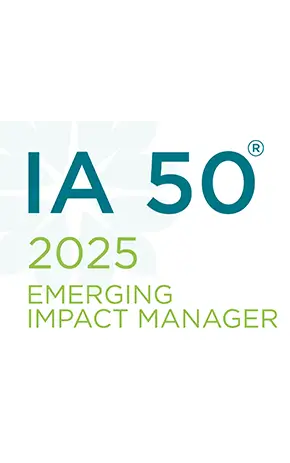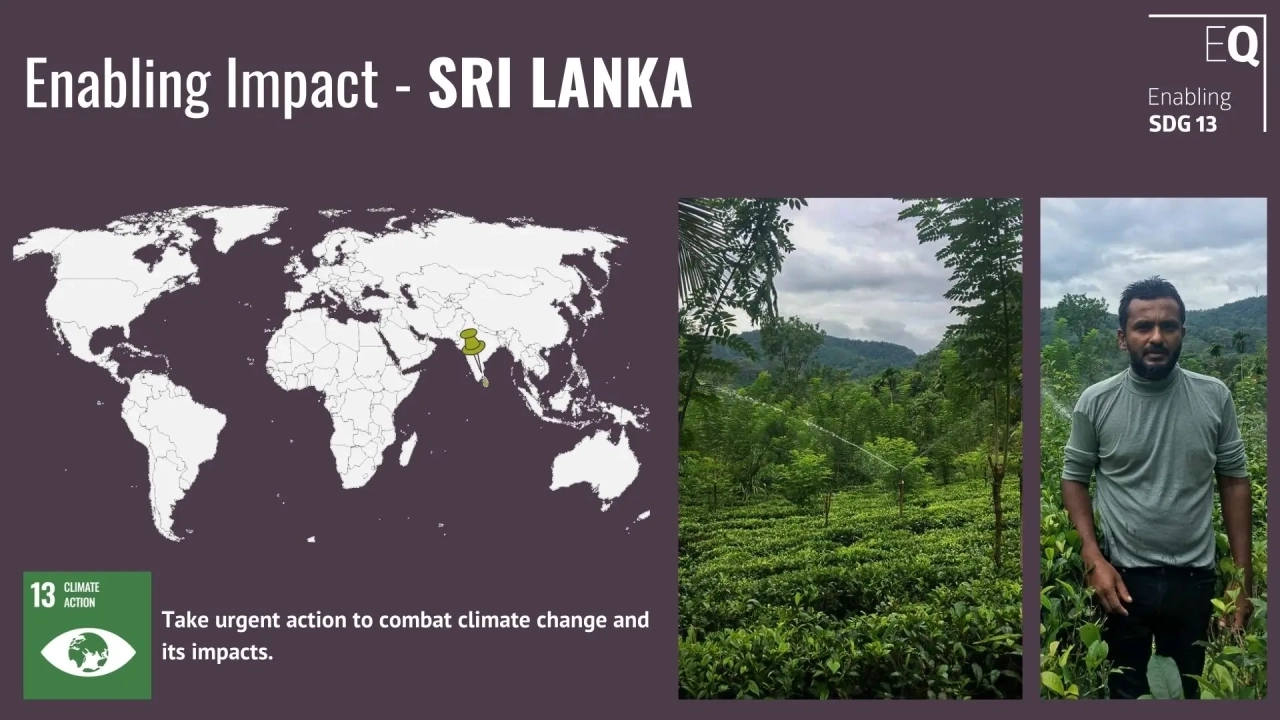
Resilient Harvests: How Smart Agriculture Transformed a Sri Lankan Tea Plantation
In the hills of Kegalle, Sri Lanka, a tea plantation tells a story of resilience, innovation, and sustainable finance. Mr. Jayasinghe, a local farmer, faced dwindling harvests due to climate change. His journey from struggle to success demonstrates how smart agricultural practices and targeted investments can transform lives and contribute to global sustainability goals.
The Challenge: Climate Change Threatens Tea Production
Sri Lanka, ranked as one of the world's most vulnerable countries to climate change, has seen its agricultural sector hit hard by unpredictable weather patterns. For Mr. Jayasinghe, this meant watching his once-thriving 4-acre tea plantation suffer under frequent droughts. Where he once harvested 1,500 kg of tea leaves under normal rainfall conditions, drought periods saw his yield drastically decrease.
The Solution: Investing in Sustainable Irrigation
Recognizing the need for change, Mr. Jayasinghe turned to Alliance Finance Company PLC, a leader in sustainable financing in Sri Lanka. Alliance Finance, with its mission "To Make the World A Better Place through Sustainable Financing," has been at the forefront of supporting sustainable agriculture in the country. Their triple bottom line approach has earned them the globally recognized Sustainability Standard and Certification Initiative (SSCI) certification.
Mr. Jayasinghe, already a loyal customer of Alliance Finance, had previously obtained three loans totaling USD 9,600 for acquiring agricultural land, purchasing a truck for transportation, and buying a car. In January 2023, he took out a fresh local currency loan valued at USD 1,600 to invest in a sprinkler irrigation system. The total cost of the system, including required motors, came to USD 1,900.
The Impact: Boosting Yields and Building Resilience
The results were transformative. The sprinkler irrigation system ensured uniform water distribution to the tea bushes, promoting their growth and development. Rainwater harvesting further bolstered Mr. Jayasinghe's capacity to utilize water during dry spells, making his plantation more climate-proof.
When a period of drought tested the new irrigation system, the impact was clear. While tea harvests in non-irrigated areas of the Kegalle region plummeted by 30%, Mr. Jayasinghe's plantation stood tall with consistent production. He now harvests approximately 2,000 kg of tea leaves every month, even in adverse conditions.
The Bigger Picture: Sustainable Finance and Global Goals
Mr. Jayasinghe's success story is more than just a personal triumph; it's a testament to the power of sustainable finance in addressing global challenges. This story aligns with several UN Sustainable Development Goals, including Climate Action (SDG 13), Zero Hunger (SDG 2), Clean Water and Sanitation (SDG 6), Decent Work and Economic Growth (SDG 8), and Responsible Consumption and Production (SDG 12).
At Enabling Qapital, we leverage impact investment to address global challenges like hunger and food insecurity. By aligning our investments with the Sustainable Development Goals, we support projects that enhance food security, improve nutrition, and promote sustainable agriculture, fostering a more inclusive and resilient global economy.
Smart agriculture and sustainable finance are powerful tools in our fight against climate change and food insecurity. As Mr. Jayasinghe's story shows, with the right support and technology, farmers can not only survive but thrive in the face of environmental challenges. This is the future of farming – resilient, adaptive, and sustainable.
To learn more about how sustainable agriculture and finance contribute to global development goals, visit the United Nations Sustainable Development Goals website at https://sdgs.un.org/goals.

